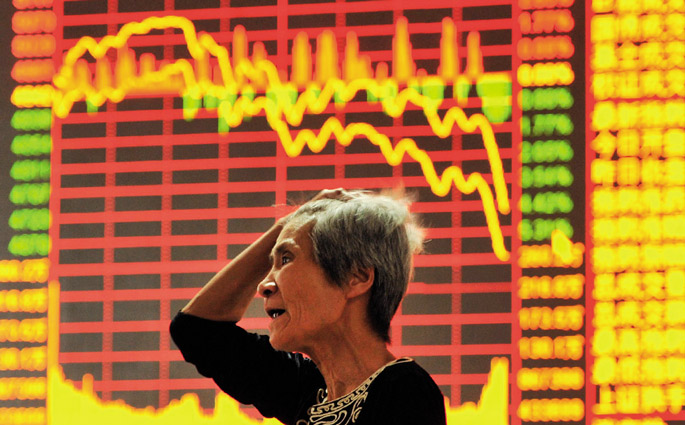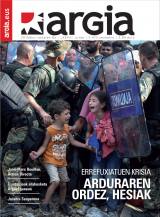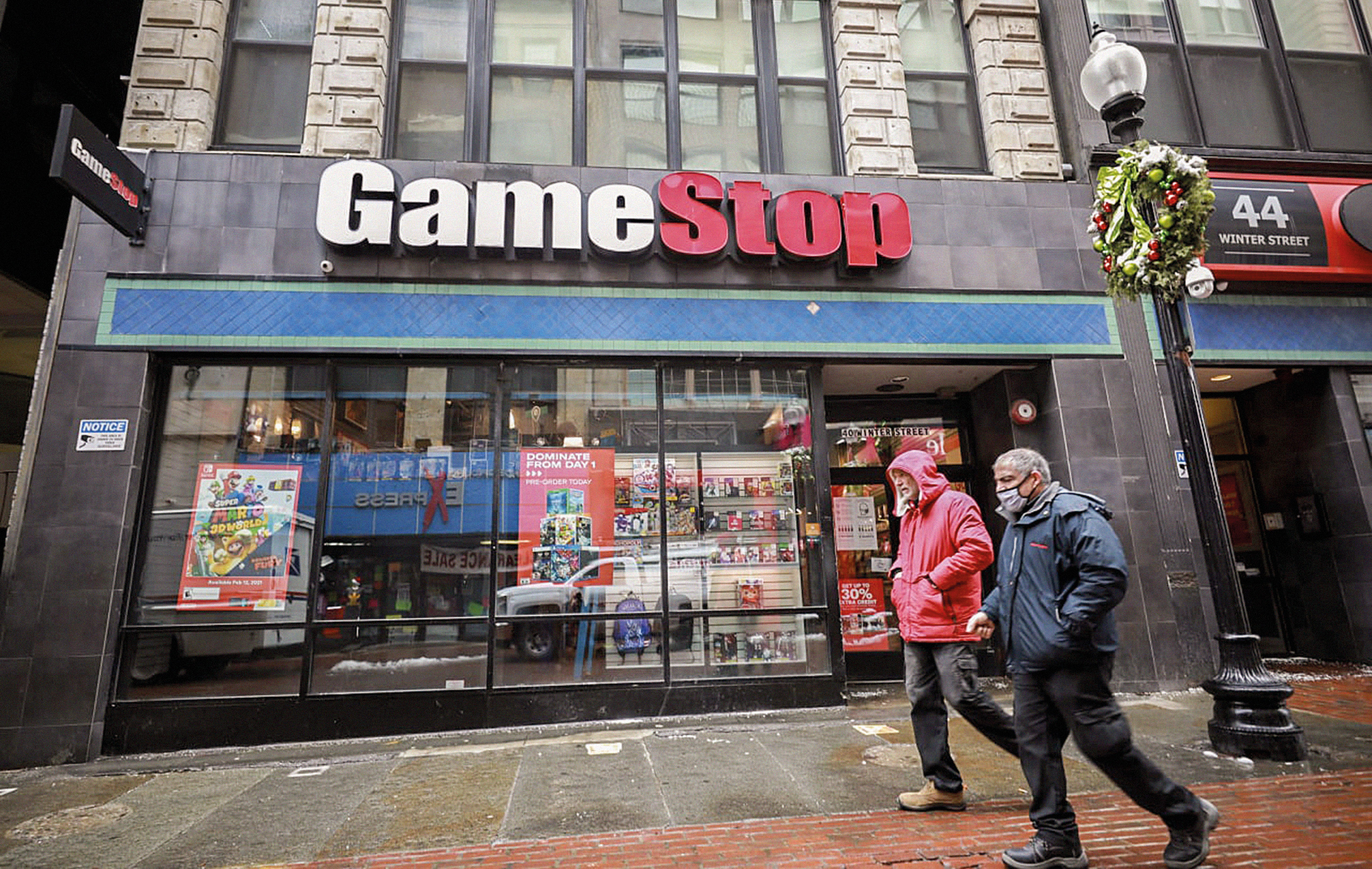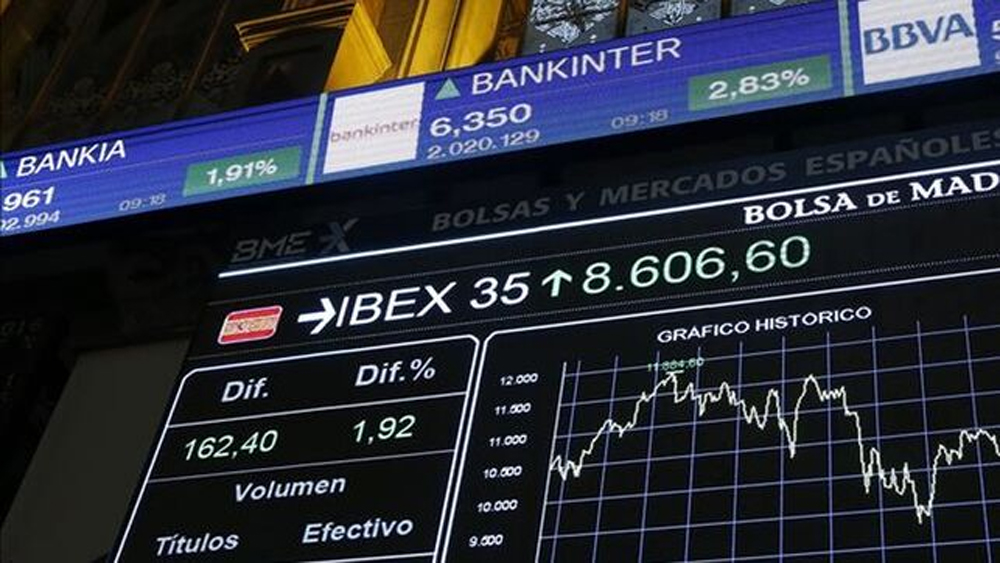And in August 2015, the 2008 crisis revived.
- That August 2015 could be the expected holiday period with which the US President signed nuclear peace with Iran and established diplomatic relations with the Cuban communists, the holding of a new Obama-Kennedy. But to love happiness, four million immigrants in the Mediterranean, the Chinese bags are about to explode...

The current circus has left almost two of the diplomatic gifts it brought in the summer of 2015, both due also to US President Barack Obama. The importance of the pact with the Iranian authorities on nuclear weapons is reflected in the pages of the country ' s history. And peace with Raul Castro reviving diplomatic relations with Cuba will leave a trace of the strongest symbolic gesture of a long time ago. But this August, I didn't want to bore anyone with the good news.
If the West exported wars to the whole of the Middle East, the Middle East returned the splashes of war. The strategic choice to turn the whole environment into a catastrophic area by ensuring the control of raw materials – oil – the violent doctrine of shock does not come out for free to Europe. He reminded us of the month of August, more so with the arrival of thousands of immigrants than with the armed actions of the jihadists that emerged in the metropolis itself.
As Mikel García Idiakez explains later on, Europe has met with the massive influx of immigrants. We had already warned that over four million people have set out to cross the sea in Turkey, Lebanon, Jordan and many others. During the summer the measure of the flood has been seen.
Before the summer, the anecdotes of the Calais tunnel had led the French and English rulers to ruin the population. The issue of Calais is not a problem, we were also warned. To reach the United Kingdom in search of a truck, a few scientists, day after day -- this small group is nothing in the midst of the exodus of millions of men, women and children who have cooked in the Mediterranean.
It has finally been seen that while journalists lost their time in the Calais reports, in half a year three hundred thousand came to the shores of Europe, to those of Italy a lot, but much more – almost two hundred thousand – to the Greek islands.
Look at the flooding that has entered Greece: you hear almost nothing that drowns one or several in the sea, arriving from Turkey to a small Greek island is made for a few kilometers of sea, people come and come ... From there to Macedonia. From here to Serbia or Hungary if they could.
A final destination, like many of our young people who have studied engineering at Mondragon University... Rich Germany. And the right-wing Germans, who are about 800,000 immigrants to the island, are starting to get nervous. Some will reach Euskal Herria. It wouldn't be the only gifts that globalization gave us when we sold our machines tools, trains and buses.
Breakdown in the world's largest factory
The explosion of the Chinese bags has been the second present gift of August, which has made the real forces of the globalised world more nervous than the madness of the fugitives of the Mediterranean.
Since 2008, unseen punches have been seen in bags around the world during St. Bartholomew’s day – August 24. In the previous months, media and authorities acted as if the crisis of the beginning of the twenty-first century had happened superado.De soon, the sheer truth: The 2008 crisis continues to wreak havoc as major earthquakes.
Chinese can be considered version 3.0 of 2008. The first earthquake shook the United States. We continue to feel its first echo in Europe, plunging us to the precipice of Greece and dragging countries such as Italy, Portugal or Spain, even France, to the brink of the total disaster.
Repeating it now from China, is it possible that the biggest losses of yesteryear have occurred on the stock exchanges around the world... because the Beijing authorities have devalued their currency in three quick blows to 4%? Maybe yes, because the big forces (investment funds, financial giants, big fortunes…) that are seeing economic activity around the world going weaker than it has been wanted, are starting to worry about whether Chinese production is slower than has been recognized so far. “The Chinese authorities do not know what to do” has read more than one expert.
But before the egg there was also a hen. This summer the US authorities announced that in the autumn the incentives they have used since 2008 to breathe into the economy will begin to be deactivated. According to Larry Elliott at The Guardian, the Western authorities have used incentives over these years to keep finances healthy despite the weakness of the real economy, production and sales. Our economy has been doped, narcotized, under the chute, acro. We know that in these cases, the patient is asking for an ever stronger dose of consumption before unchoking.
The “boom” of financial incentives in capitalist economies has been so effective, that a new bubble has been organised on the stock exchanges. Now that the incentives have been removed, the money, that is, the owners of great fortunes, has begun to look for where to invest and in those cases the safest value… it is usually the debt of the strong Western countries, especially the United States. “We raise interest rates a little bit and money will become your natural paradise again.”
Since 2008, China’s debt level has been reduced to four percentage points. Double the London stock market index. The world has not learned, apparently, since the cataclysm of 2008, or the other explanation is that there is no choice but to pedal the bicycle that goes down the cliff following neoliberal orthodoxy.
So, from this version 3.0 of the 2008 crisis and after the votes, campaigns and propaganda of the autumn, the BRIC countries that were going to take the world out of the crispation of the beginning of the 21st century - woe to those unstoppable economies of Brazil, Russia, China and others! - will be found with the following formula of thin cows that have learned well:
That is what announces the agony of Greece. Several Greek personalities, led by the musician Mikis Theodorakis, have launched the call for resistance, saying that the troika’s plans are more damaging than the Nazis’ own wrecks in war. On the contrary, Alexis Tsipras, who raised the hopes of the European Left, sees no choice but to sign the treaty that has been imposed on him in order to prevent further catastrophe. Paradoxically, Tsipras can find a letter to better negotiate with Europe amid the wave of immigrants suffering from Iran.
Times of News gunetik hartutako irudian, inbertitzaile txinatar bat jasandako galerengatik lantuan Shangaiko burtsan 2015eko Astelehen Beltzean, abuztuaren 24an. Inbertitzaile txikiek mugitzen omen dute Txinako burtsako diruaren %80. Zenbait adituren kontuetan, 80 milioi herritarrek jokatzen zuten urte hasieran burtsan Txinan, nahiz eta uda honetan akzioak beheraka hasi zirenean askok merkatutik irtetea erabaki. Udako bi hilabete eta erdian akzioek balioaren %40 galdu dute Txinan. Bere Barne Produktu Gordinaren %280ko zorpetze maila dauka, McKinsey aholkularitzak dioenez. Jarduera ekonomikoa arras moteldu da. 2008ko krisiaz geroztik munduko ekonomia aurreratuek bizi duten makalaldia goxatzen zen emergenteen indarrarekin, Txinaz gain Brasil, India, Hegoafrika eta eta abarrek egiten zuten makroekonomiaren motor lana. Orain hazkunde eredu hori krisian ageri da.
Kapitalismoaren “birfundazioaz” liburu berriak sortzen diren bitartean, kapitalismo horren kudeatzaileek 2019 urteak eman diena azaldu digute. Irabazi handiak izan dituzte enpresentzat eta, batez ere, zuzendaritzako buruentzat; irabazi globalak murriztu badira ere,... [+]
Dow Jones indizea 20.000 puntuetara iritsi da lehen aldiz urtarrilaren 25ean. Igoera Donald Trump AEBetako presidente izendatu eta egun gutxitara iritsi da. Trumpek estatuko negozioak sustatuko dituela agindu du, horien gaineko zergetan murrizketak eginez.
Historiako muturrekorik handienetako bat –bi eguneko jaitsierarik gogorrena– hartu dute munduko burtsek Britainia Handiko erreferendumaren ostean: hiru bilioi ("b" hizkiz idatzirik, bai) galdu dute konpainia handienek beren kapitalizazioetan. Kezka... [+]
Europar Batasunetik ateratzea erabaki du Erresuma Batuak ostegunean egin zuen erreferendumean. Boto emaileen %51,9k ateratzearen alde egin du eta EBn %48,1ek geratzearen alde. Brexit-aren aldekoek 1,2 milioi boto gehiago atera dituzte. Partehartzea %72,2koa izan... [+]
























